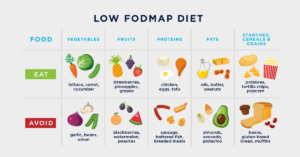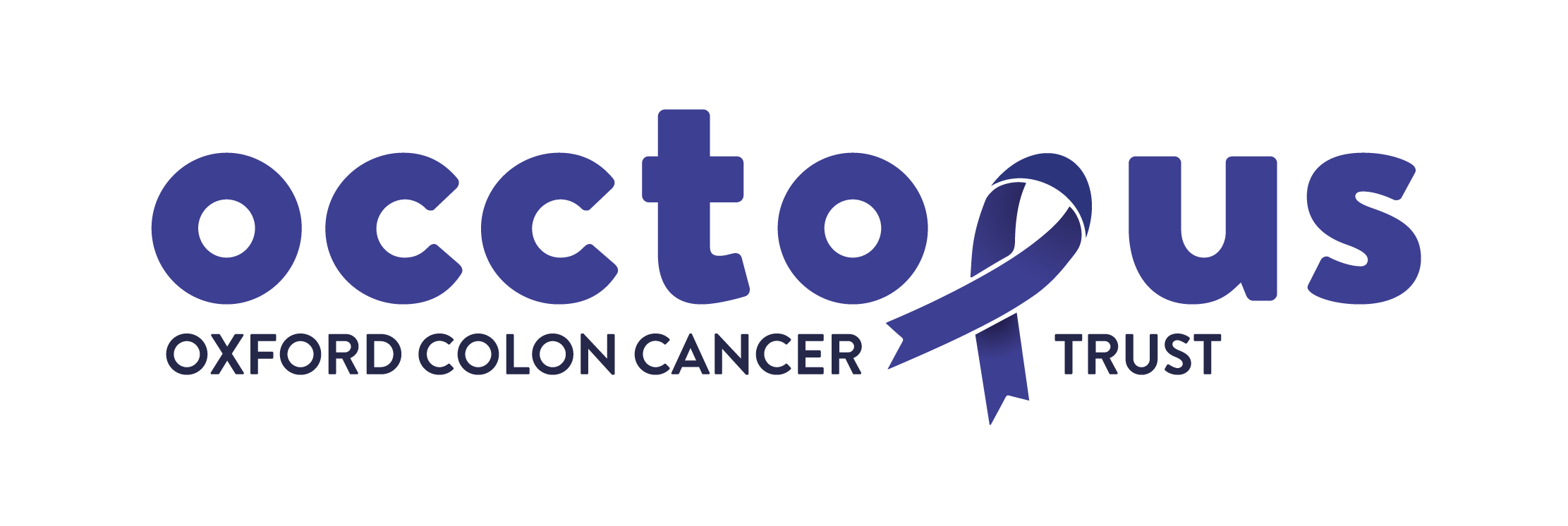Introduction
Inflammatory Bowel Disease (IBD) is an umbrella term for chronic inflammatory conditions that affect the gastrointestinal tract, primarily Crohn’s disease and ulcerative colitis. Both conditions can lead to severe digestive issues, including pain, cramping, diarrhoea extreme fatigue, and malabsorption of nutrients. Managing IBD often requires not only medication but also dietary adjustments to help reduce flare-ups, maintain nutrition, and support overall gut health.
While every individual with IBD may have different triggers, certain foods are generally considered beneficial in easing symptoms and promoting gut health. In this blog post, we’ll explore some of the best foods to incorporate into your diet if you have IBD, focusing on nutrient-dense, anti-inflammatory options that support digestive function. It is important to emphasise that these recommendations are not always based on direct scientific evidence for their effectiveness, but none of them will cause any problems. Once again it is vital to find something that suits you.
1. Low-FODMAP Foods
The Low-FODMAP diet is a popular dietary approach for managing IBD symptoms. FODMAPs are a group of short-chain carbohydrates (sugars) that can be difficult to digest and may cause bloating, gas, and discomfort, especially for people with IBD. Low-FODMAP foods are easier on the digestive system and can help alleviate symptoms during flare-ups.
Examples of low-FODMAP foods include:
- Meats: Chicken, turkey, lean beef, and fish (avoid processed meats)
- Vegetables: Carrots, courgette, spinach, and green beans
- Fruits: Blueberries, strawberries, oranges, and bananas (unripe)
- Grains: Rice, oats, quinoa, and gluten-free pasta

2. Bone Broth
Bone broth has gained popularity as a nourishing food due to its high collagen, gelatin, and amino acid content. These compounds may help repair the intestinal lining, which is particularly beneficial for individuals with IBD. Bone broth also provides hydration and essential minerals, which can be important when IBD leads to dehydration or nutrient deficiencies.
How to incorporate bone broth:
- Drink it as a warm beverage
- Use it as a base for soups and stews
- Add it to rice or quinoa for extra flavour and nutrients
3. Omega-3 Rich Foods
Omega-3 fatty acids are known for their anti-inflammatory properties. For people with IBD, reducing inflammation is key to managing flare-ups and promoting long-term gut health. Omega-3s can help soothe the gut lining and reduce the severity of symptoms associated with Crohn’s disease and ulcerative colitis.
Omega-3-rich foods include:
- Fatty fish: Salmon, mackerel, sardines, and trout
- Chia seeds and flaxseeds (great for smoothies or sprinkled on dishes)
- Walnuts (ideal for snacking or adding to salads)
4. Cooked Vegetables
While raw vegetables can sometimes irritate the digestive system due to their fibre content, cooked vegetables tend to be easier to digest. Steaming, roasting, or boiling vegetables softens the fibre and makes them gentler on the gut. Opt for well-cooked vegetables that are low in fibre to help avoid flare-ups, especially if you have any narrow areas in your gut resulting from IBD.
Best cooked vegetables for IBD include:
- Carrots
- Courgette
- Spinach
- Squash
- Sweet potatoes (in moderation)
5. Probiotic-Rich Foods
Probiotics are live beneficial bacteria that support gut health by helping to balance the microbiome. They can be especially beneficial for people with IBD, as they may help reduce inflammation, improve digestion, and restore gut flora imbalances caused by the disease. While probiotic supplements are available, incorporating natural sources of probiotics into your diet can be an excellent way to boost gut health.
Probiotic-rich foods include:
- Yoghurt (preferably unsweetened and with live cultures)
- Kefir (fermented milk drink with more probiotics than yoghurt)
- Sauerkraut (fermented cabbage)
- Kimchi (fermented Korean dish made with cabbage and spices)
- Miso (fermented soybean paste, great in soups)
6. Lean Protein Sources
Protein is essential for tissue repair, muscle maintenance, and immune function, but for individuals with IBD, it’s important to choose protein sources that are easy to digest. Lean proteins, such as poultry, fish, and eggs, are less likely to irritate the gut and can help prevent malnutrition, a common issue for people with IBD.
Lean protein sources include:
- Chicken or turkey (preferably skinless)
- Fish (salmon, tilapia, or cod)
- Eggs (soft-boiled, scrambled, or poached)
- Tofu (for plant-based protein)
7. Healthy Fats
Incorporating healthy fats into the diet can help reduce inflammation and provide essential nutrients. These fats are also easier to digest compared to the unhealthy trans fats found in processed foods. Healthy fats may also improve the absorption of fat-soluble vitamins, which can be problematic for people with IBD.
Healthy fat options include:
- Avocados (rich in monounsaturated fats and easy to digest although avoid this if you are following a strict low FODMAP diet)
- Olive oil (used in cooking or drizzled over dishes, ideally extra virgin olive oil kept in a dark container as sunlight affects the quality of the oil)
- Coconut oil (good for cooking at higher temperatures)
- Nut butters (almond or peanut butter, in moderation)
8. Oatmeal and Other Bland Carbohydrates
During flare-ups, it’s often beneficial to stick to bland, low-fibre foods that are gentle on the digestive system. Oatmeal is a soothing option, as it is easy to digest, provides soluble fibre, and can help regulate bowel movements. Other bland carbohydrates include white rice, plain pasta, and potatoes (without the skin).
Other good options:
- Rice porridge (light and easy to digest)
- Plain white pasta
- Mashed potatoes (without the skin or heavy seasoning)
9. Hydrating Foods
Dehydration is a concern for people with IBD, especially during flare-ups, as diarrhoea and increased bowel movements can lead to significant fluid loss. Foods that are high in water content can help keep the body hydrated.
Hydrating foods include:
- Cucumbers
- Cantaloupe
- Celery
- Tomatoes
10. Herbal Teas
Certain herbal teas, such as ginger, chamomile, and peppermint, have calming properties that can help soothe the digestive system. These teas are also naturally caffeine-free, which is important for people with IBD, as caffeine can irritate the digestive tract in some individuals.
Recommended herbal teas for IBD:
- Ginger tea (anti-inflammatory and can help ease nausea)
- Chamomile tea (gentle on the stomach and has mild anti-inflammatory properties)
- Peppermint tea (can help with bloating and gas)
Foods to Avoid with IBD
While there are many foods that can be helpful for people with IBD, it’s also essential to avoid certain triggers that may worsen symptoms. Common irritants include:
- Dairy products (especially full-fat dairy) if lactose intolerant
- High-fibre foods (raw fruits and vegetables, whole grains, and nuts) during flare-ups
- Spicy foods or rich, greasy foods
- Caffeinated beverages and alcohol
- Processed foods with artificial additives and preservatives
Conclusion
When managing IBD, there is no one-size-fits-all approach, as each person’s triggers and nutritional needs may vary. However, by incorporating nutrient-dense, anti-inflammatory foods into your diet, you can help reduce flare-ups, support your gut health, and improve overall well-being.
With the right foods, you can help manage your IBD while maintaining a healthy, balanced lifestyle.
